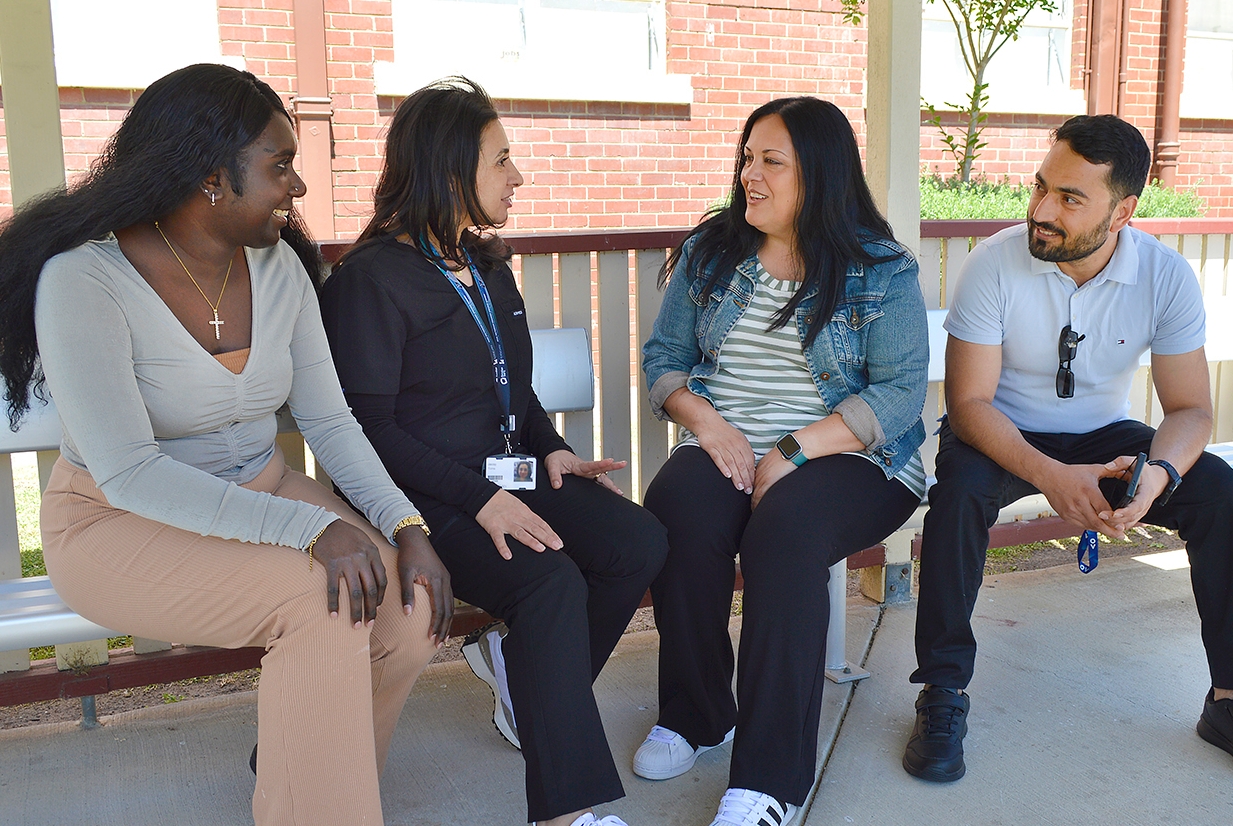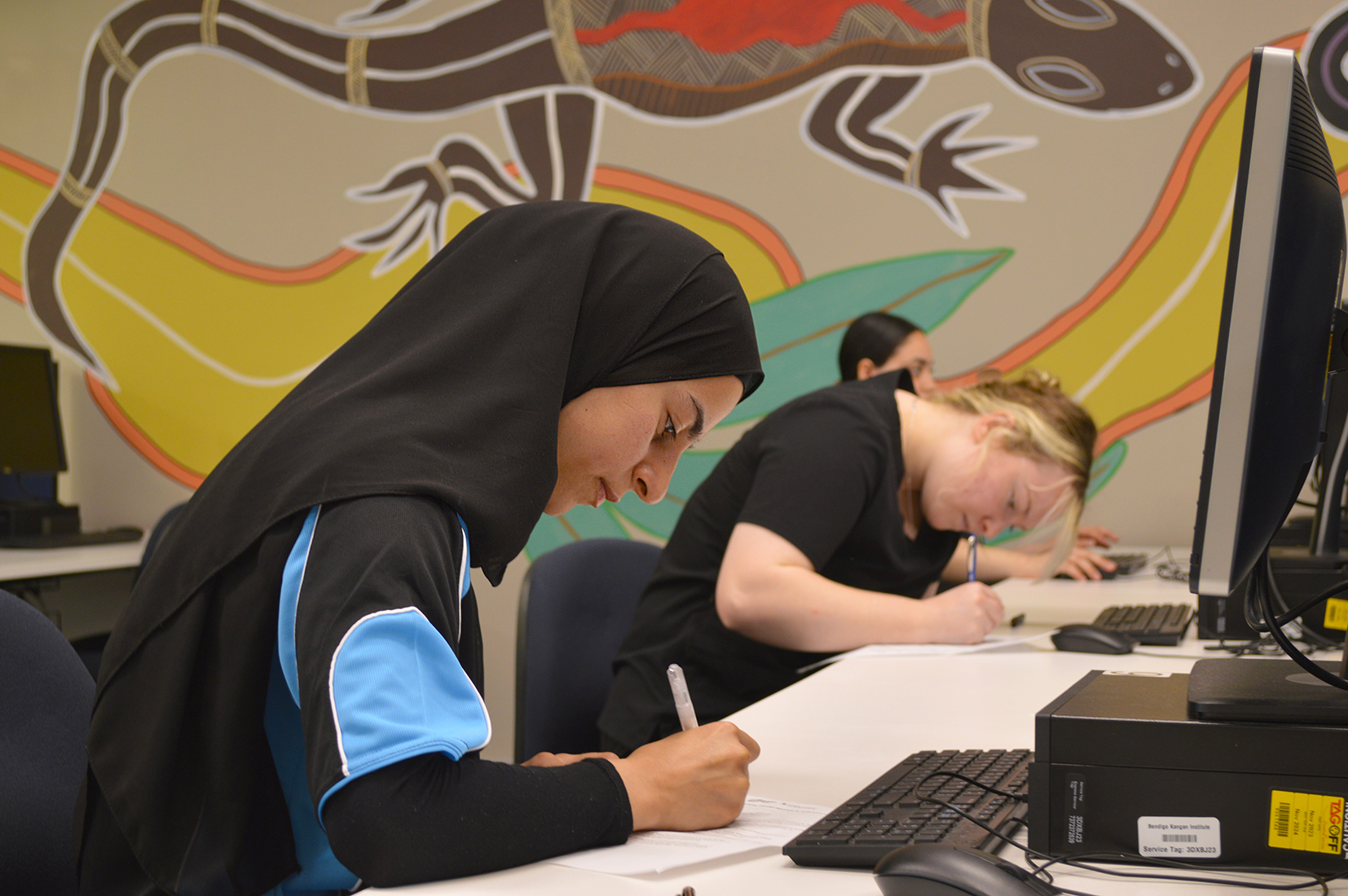Make sure you have or can obtain the right experience
Excelling in the classroom alone isn’t enough to land you the perfect job when you graduate, especially when many other students have the same high marks. A potential employer will be looking at your level of experience in addition to your education, so make sure you either have some or can arrange to obtain some. A part-time job or extracurricular activities might be options to consider. Volunteer work is also a worthwhile pursuit, as you’re helping others while also learning skills that can help you later in your career. Of course, your philanthropic efforts also tend to impress a hiring committee further down the road when you’re job seeking.
Assess your interests, hobbies and motivations
A job shouldn’t be simply a way to earn a paycheck; rather, your career should be something you enjoy and that drives you to succeed. Therefore, as you plan your career before you graduate, think about those interests that inspire you. Consider what activities you like to engage in for fun, outside the classroom. Many times, you can work these motivations into your career choices.
Analyse trends in your chosen career and make adjustments as necessary
Many fields experience ups and downs as the global economy shifts, and job opportunities tend to follow suit. One year, you may see almost limitless job prospects; several months later, many people are looking for work as demand for their skills is reduced. While you’re still in school, you can take steps to be better prepared for the job market you’ll face once you graduate. Read up on current publications, register to receive important newsletters and analyse industry publications so you’re not caught off guard when you start looking for a position in your specialty area.



